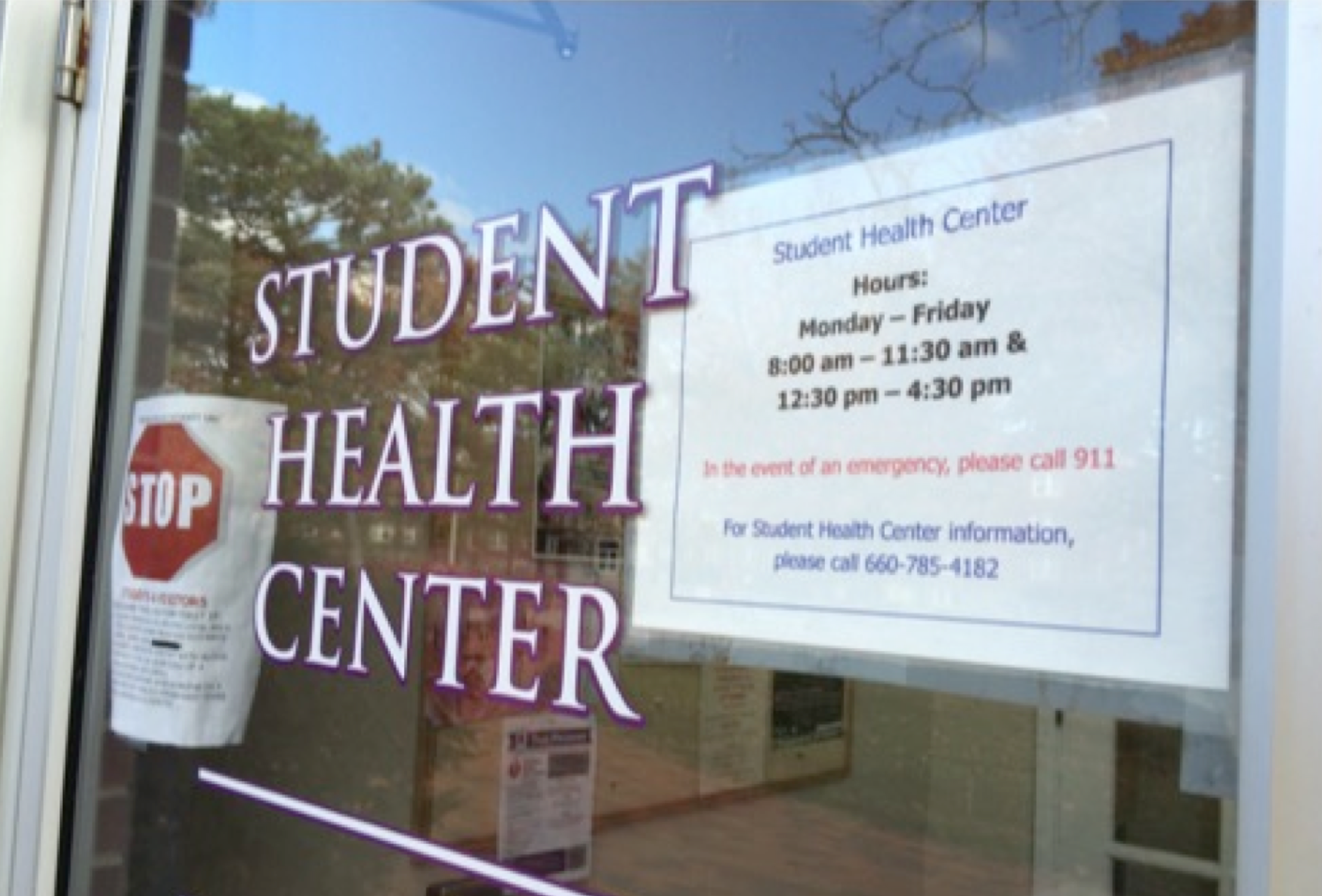
University Counseling Services has received a record-breaking amount of requests for its services during fall 2015, and some students are waiting longer than ever for an appointment.
A combination of high demand and decreased staff has left some students waiting a month or more for regular appointments. Universities nationwide are struggling to meet student requests for counseling and define the level of responsibility higher level education has to provide mental health care for students. Students at Truman State have brought this subject to the attention of the student affairs office, which says adding to Truman’s counseling staff is a possible, yet complicated, solution. Caps on Truman’s tuition and student fees mean if students don’t vote to increase student fees to raise UCS staff, the money would have to be taken from elsewhere in the budget.
UCS Assistant Director Joe Hamilton says requests for counseling have increased 13 percent from this time last year. Hamilton says students might wait two or more weeks for a screening session and another two to three weeks for regular appointments, though scheduling is handled on a priority basis. Hamilton says UCS staffing has been reduced from five to four counselors for almost all of the 2015-16 academic year because of two consecutive maternity leaves.
Hamilton says when he became assistant director, students would wait nearly a week for a screening appointment, then another week for an intake appointment. He says crisis calls have not increased, and the staff is still able to handle crisis cases without problems.
Hamilton says he thinks the rise in demand mainly is because of a decrease in stigma associated with counseling and increased encouragement for students to seek counseling.
“When I was young, no one at school said that a counselor was going to come talk to you [when something distressing happened],” Hamilton says. “We’ve raised young people to come talk about their feelings when they’re in distress — it’s expected almost, like visiting the doctor’s office when you’re sick.”
For more from the USC director and Dean of Student Affairs continue reading on Issuu.
